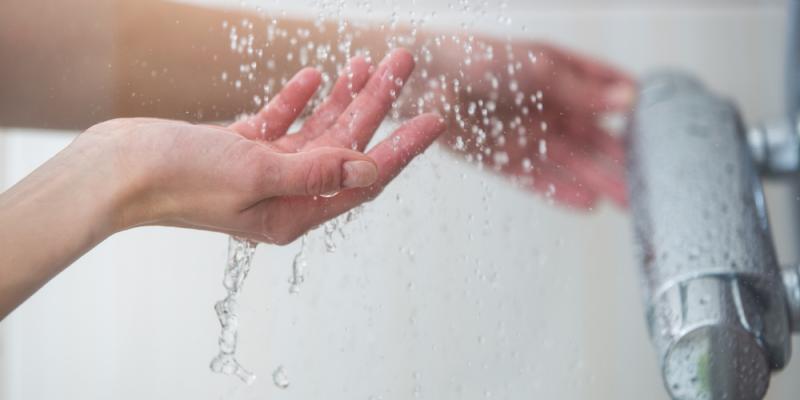Five Reasons Your Home Needs a Water Softener
14 Feb 2022

When was the last time you experienced clean, soft water in your home? If you have hard water, you need one. A water softeners a device that removes calcium and magnesium in water, so it is easier to use. Water softeners replace the calcium or magnesium ions in hard water with sodium ions. This is done using a process called ion exchange, which occurs when the sodium ions from the salt substitute bind with the calcium or magnesium ions in the water.
Why should you consider getting a water softener? Here are five ways a water softener can improve your home and life - and even save you money.
Is your dishwasher getting your dishes as clean as they could be? Or maybe your hair looks dull and lifeless, and you want to solve that problem. Whatever the reason, you'll notice an improvement in the performance of your soaps and detergents if you have a water softener in place.
Hard water not only causes soaps and detergents to work less efficiently, but also leaves a film, residue behind on your hair, dishes, and clothing. Yuck! In contrast, softened water won't stain your dishes or leave mineral deposits on your skin when you bathe.
Less Splitting and Scaling Inside Your Pipes
As water flows through your plumbing system, scale builds up on the inside of pipes. This buildup hardens, making it difficult for water to flow easily. Eventually, pipes can even become completely clogged and unusable.
A water softener helps avoid these problems because it prevents scale buildup in the first place. When you turn on the tap, clean and softened water comes out instead of hardness that could damage your plumbing system and appliances.
Fewer Clogs and Slow-Draining Sinks
What is more frustrating in the kitchen or bathroom than a clogged sink? One of the primary benefits of this type of system is that it reduces the amount of buildup that occurs in your plumbing and household fixtures. When you have hard water, you will notice that it harms certain types of fixtures and pipes, causing them to clog more often. By reducing buildup, softened water will save you extra time and plumbing bills.
You'll Require Less Soap and Detergent
A water softener reduces the amount of soap or detergent you need for your laundry or dishes. If you do not soften your water, you will need to use more detergent than normal because hard water makes it difficult to get things clean. When you use the water softener, however, you can reduce how much detergent or soap you need for each load of laundry or dishwasher. This can save money over time because less soap means fewer trips to the grocery store where you have to whip out your credit card to buy more soap and detergent.
Reduced Energy Costs
Along with helping eliminate minerals in your water, a water softener can have a positive impact on your energy bill. There are two types of mineral buildup in water that can affect your home's water supply and heating system. Hard water causes one type, which contains magnesium, calcium and other minerals. The other is scale buildup.
A water softener reduces both of these problems. As mentioned, removing the mineral content of your water prevents hard water deposits from building up in your pipes and water heater tanks. Scale buildup can also cause your heater to fail more quickly. This can decrease costs by reducing repairs or replacements.
The Bottom Line
Once you're convinced you need a water softener, take a closer look at your options. There are many types of water softeners available on the market today, so it is important to carefully consider your needs before choosing a specific product. For example, if you live in an area with hard water but only one bathroom and minimal space in your home, you might want to look into a portable type of water softener, which you can move around if you need to.
Enjoy the benefits of having a water softener! You can use the softened water for everything from bathing, washing clothes, cleaning dishes, watering plants, and even filling up your drinking glasses.